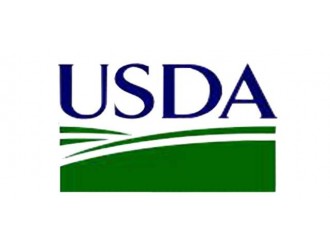经过评估,专家小组认为在建议的使用条件下该添加剂对消费者和环境是安全的,但不能对目标物种的安全性得出结论。该添加剂在100mg/kg饲料水平下对16周龄以下的火鸡是安全的,并且在60mg/kg全价饲料的最低浓度下具有控制球虫病的潜力。部分原文报道如下:
Following a request from the European Commission, EFSA was asked to deliver a new scientific opinion on the coccidiostat monensin sodium (Elancoban® G200) when used as a feed additive for chickens for fattening and turkeys. based on the new data provided, the Panel updates its previous conclusions as follows: monensin sodium is produced by fermentation by a non-genetically modified strain of Streptomyces sp. NRRL B-67924. Genome analysis suggests the production strain may belong to a new species within the genus Streptomyces. The production strain and its DNA were not detected in the final additive. The product is free of antimicrobial activity other than monensin. The FEEDAP Panel cannot conclude on the safety of monensin sodium from Elancoban® G200 in feed for chickens for fattening and chickens reared for laying at the proposed maximum use level due to a dose-related reduction of the final body weight. The toxicological profile of monensin sodium was evaluated in studies made with the product obtained from the parental strain ATCC 15413. based on a comparison of the genomes of the two strains, the FEEDAP Panel concludes that toxicological equivalence has been established, thus the conclusions already drawn on Elancoban® G200 are valid for the product obtained with the new production strain concluding that the additive is safe for the consumer and the environment; the production strain does not represent an additional risk when safety for the user is considered. Monensin sodium from Elancoban® G200 is safe for turkeys up to 16 weeks of age at the concentration of 100 mg monensin sodium/kg feed and has the potential to control coccidiosis at the minimum concentration of 60 mg/kg complete feed.
本文由食品伙伴网食品资讯中心编辑,有任何疑问,请联系news@foodmate.net。












 地区:
地区:






 鲁公网安备 37060202000128号
鲁公网安备 37060202000128号



